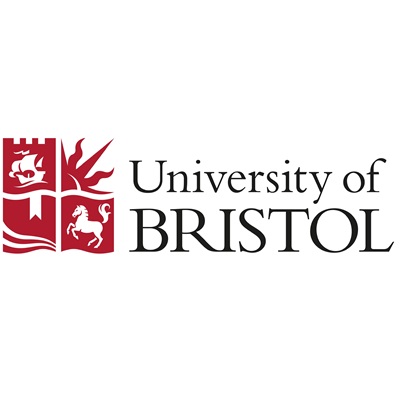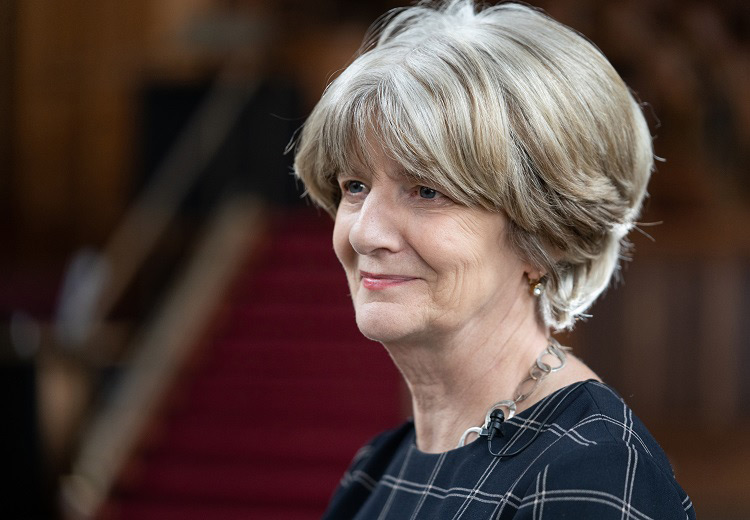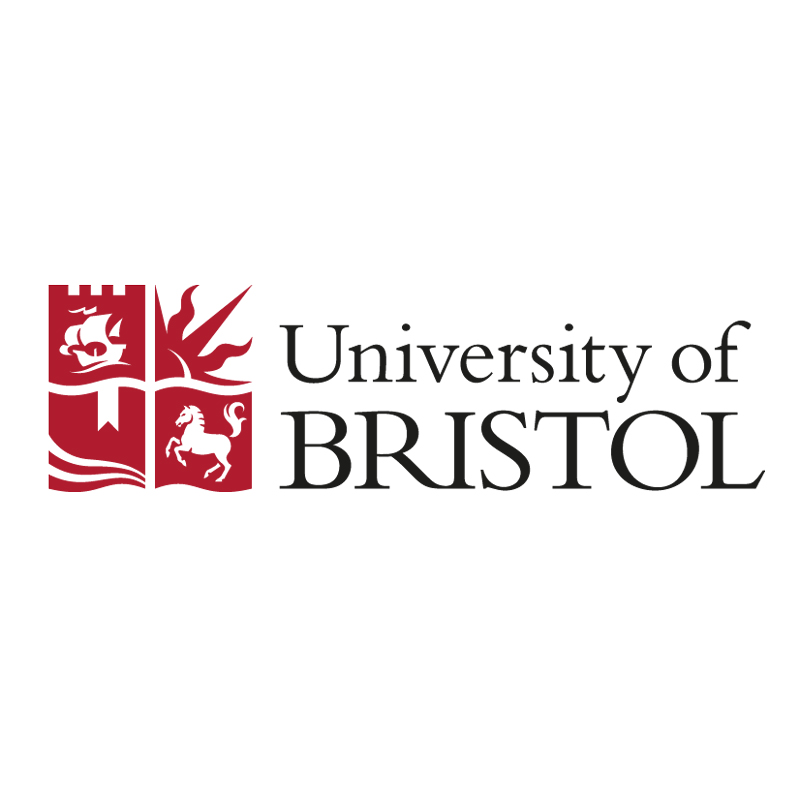Responsible business empowers organisations to withstand future challenges
Geopolitics and the AI revolution loom on the horizon for business leaders, says Veronica Hope Hailey, dean of the University of Bristol Business School

Sponsored by

“Responsible business is a fluid concept that changes as society changes,” says Veronica Hope Hailey, dean of the University of Bristol Business School. “But if people have a strong sense of what they’re about as an organisation, what their values are, then in times of uncertainty they can use that set of values and purpose to take decisions.”
The Covid-19 pandemic foregrounded the importance of responsible business, which considers society, the economy and the environment – not just profit – and makes businesses more resilient in the face of jolts and shocks, Hope Hailey says. These lessons inform how the business school is preparing its graduates.
“I thought it would be fascinating to interview senior leaders about how they were making decisions during the pandemic while remaining responsible,” she says. During the first year of the pandemic, Hope Hailey interviewed more than 40 C-suite leaders, including CEOs, chief financial officers and human resource directors. She repeated this over the next two years, identifying important principles of responsible business through these conversations.
“In a responsible business – which is a generic term and could be a government department, a university or a private sector organisation – leaders see themselves as part of a broader ecosystem,” Hope Hailey says. In the pandemic, “leaders realised that they couldn’t address the challenges of the pandemic in their own organisation without working in collaboration. That was an eye-opener, particularly for business leaders”.
 Veronica Hope Hailey, dean of the University of Bristol Business School
Veronica Hope Hailey, dean of the University of Bristol Business School
Another principle was one of proportionality: while large organisations could commit to tackling many grand challenges, smaller organisations needed to focus their attention. “Responsible business is not about making grand statements,” Hope Hailey says. “It’s about having an impact on some of the big challenges that are going on in the world at the moment.”
Furthermore, these values are no longer transmitted from the C-suite down the company hierarchy. Responsible business involves absorbing input and values from a variety of sources – from employees and shareholders through to the communities in which the organisation operates.
During the pandemic, Hope Hailey identified four major challenges: physical and mental health; equity, diversity and inclusion; climate change; and the AI and technology revolution. But that has changed in the years since. “It’s almost as though equality, diversity and inclusion and health have become business as usual,” Hope Hailey says. “There are new existential challenges affecting the way that all companies have to operate.”
Today, climate change is still a major topic of concern, but the AI threat has risen in importance, as has geopolitical instability. The business school is preparing its graduates to thrive in the fluidity of the responsible business landscape, Hope Hailey says. After speaking to business leaders, she realised that they want graduates with an understanding of geopolitics and the risks and opportunities of AI.
“We want to be a business school that spearheads what responsible business looks like in the 21st century,” she says. “We are unashamedly going to partner with other faculties and other subject areas in these grand challenges. We’re putting business and environmental sustainability together as research areas, and data and computer science with business and management,” she says. “These really big challenges are going to be dealt with by experts coming together in conversation with senior leaders.”
Find out more about the research at the University of Bristol Business School.
